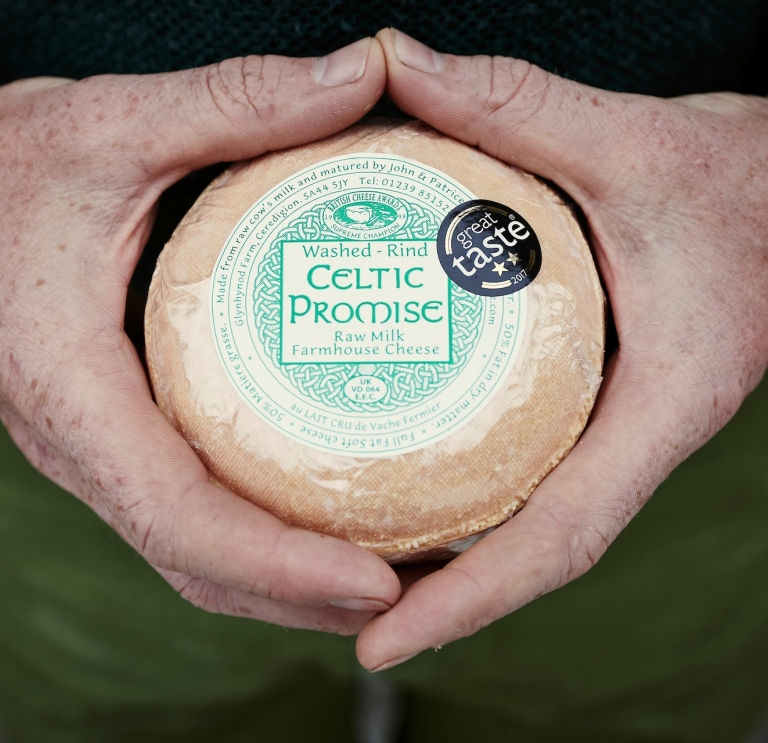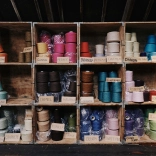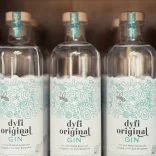What brought you to Wales?
The green movement brought me to Wales. I was a teacher in the Netherlands, where I was heavily involved in environmental education. Back in the 1970s I translated John Seymour's The Complete Book of Self Sufficiency into Dutch. We became friends and he invited me over to visit him in Pembrokeshire. That was my first visit to Wales.
How long have you been making cheese?
We bought Glynhynod Farm and started making cheese professionally in 1984. Later we opened a distillery. Both my sons are involved: Robert-Jan looks after the farm side and the dairy, and John-James is the distillery manager. Everyone pitches in with the farmers' markets.
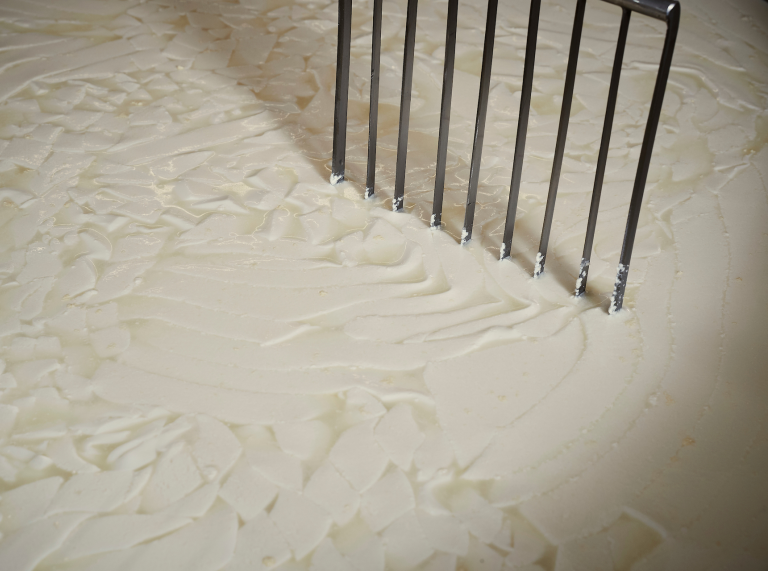
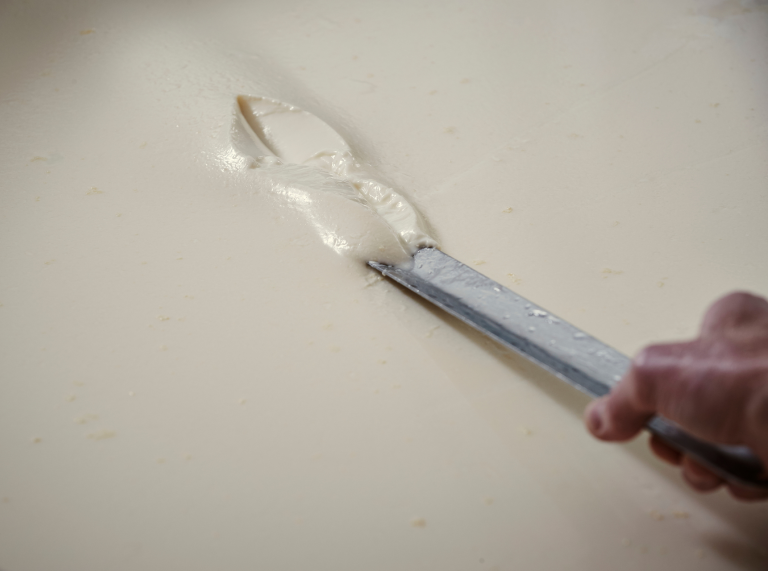
A good cheese starts with good milk. Where do you get your milk from?
We make all our cheeses with raw milk from Ffynnon Llaeth in Llanboidy, Carmarthenshire. The milk is Soil Association certified organic. Unusually, the farmers Sally and Garry only milk their cows once a day, so as not to push their cows by trying to get every last drop of milk out of them. Consequently, they have very happy cows that produce milk of the highest quality for raw milk cheese-making.
What's so special about raw milk?
Raw milk cheese is a world heritage product. Some of the most famous cheeses in the world can only be made with raw milk, like Roquefort, Gruyere, Emmental and Parmesan. When you heat milk to pasteurise it, the sugars get caramelised. The dominant flavour in a pasteurised cheese is caramel, and you can't disguise that toffee flavour. Raw milk cheese has more depth of flavour with a start, a middle and a finish. There are health benefits, too, because none of the antibodies and enzymes have been destroyed.
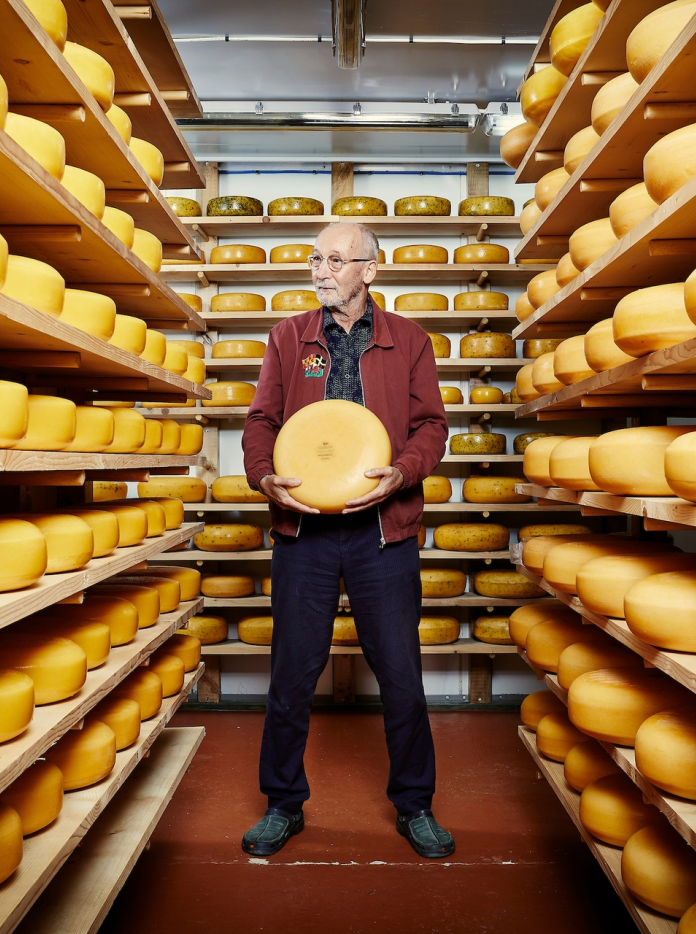
It's more environmentally friendly to produce, but why?
Everyone's on about carbon footprint: it takes three times more energy to produce pasteurised cheese than raw milk cheese. To pasteurise milk, it has to be heated up to 76°C. Then you have to cool it very rapidly to 20°C to add your starter culture, which takes a lot of energy. Once you put the starter culture in, you have to heat it up again to the temperature of the recipe.
To start the fermentation of our raw milk, we heat it to 37°C, the same temperature as the maximum temperature the milk would reach in a cow’s udder. We never go higher than that, so all the nutritional value of the original milk remains in the cheese.
John Savage-Onstwedder, Caws Teifi CheeseThat the most highly awarded cheese in Britain is produced here proves that both Welsh milk and cheeses are something we can all be proud of.
Does the milk change through the seasons?
There's a huge variation. It makes a big difference. The cheese will vary depending on whether we use spring, summer or winter milk. Even the colour varies. It's creamier and yellower when the cows are out on grass. But a good cheesemaker will be able to tweak that to get a product that has some consistency.
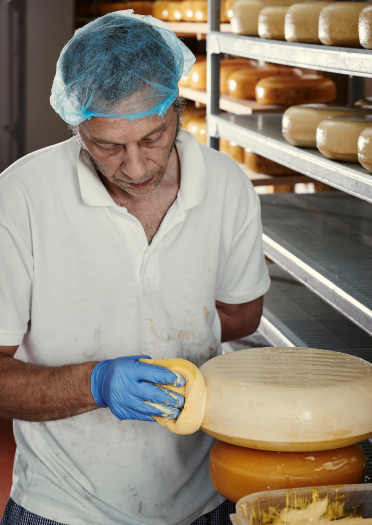
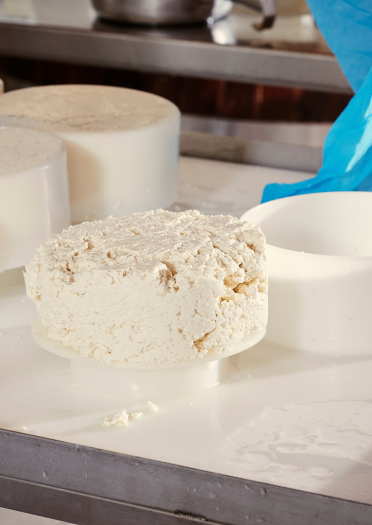
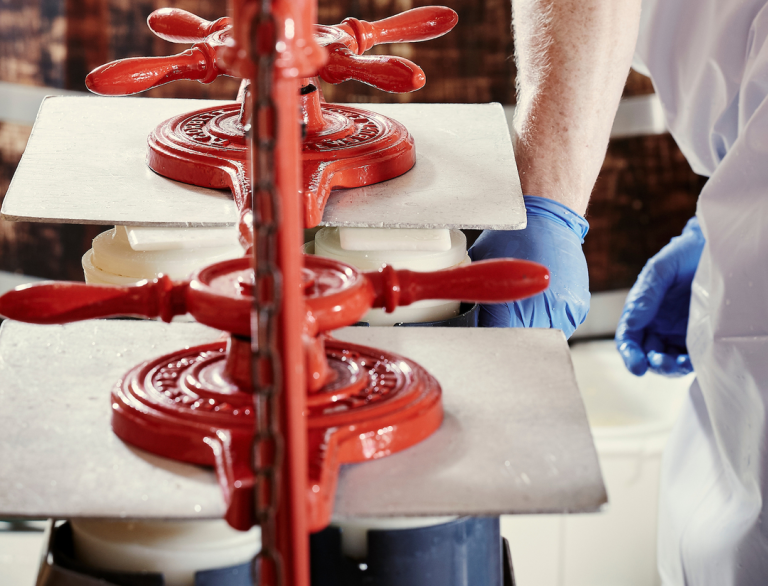
Celtic Promise is Britain's most highly-awarded cheese. What's the secret?
It's based on a Caerphilly recipe, but the next stage is very different. Caerphilly goes on the shelf to mature, whereas the Celtic Promise goes on stainless steel racks where it's washed three times a week with certain bacteria, and kept at a higher temperature and humidity. To win the Best Welsh Cheese for a record eighth time is a testament to the skill and dedication of the whole team. It also reflects the quality of the milk produced here in Ceredigion. That the most highly awarded cheese in Britain is produced here proves that both Welsh milk and cheeses are something we can all be proud of.
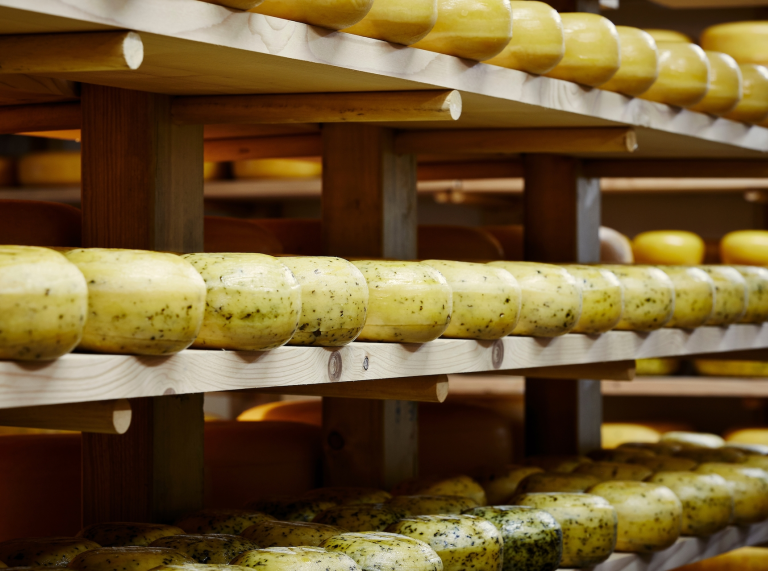
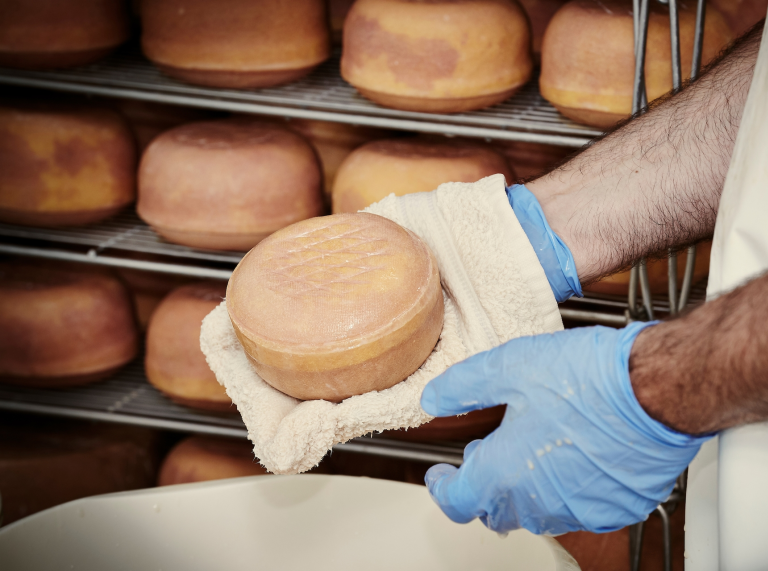
Your cheese was a favourite of Luciano Pavarotti – how come?
Pavarotti was 19 when he came to the Llangollen International Eisteddfod in 1955. He and his father were in the choir that won the competition for best male choir. That really kick-started his career and he vowed one day he'd go back to Llangollen. He kept his promise and in 1995 went back. He happened to stay at the Bryn Howel hotel where this legendary character called Dai Chef was running the kitchen. Pavarotti asked for the cheeseboard, which included our Caws Teifi Seaweed, and it blew him away. He wanted to know all about it and where it was from, and he ended up sending a courier down to the farm. He took about 10kg with him to his next venue, which was New York. After than he used to order it regularly to be sent to his home in Modena.
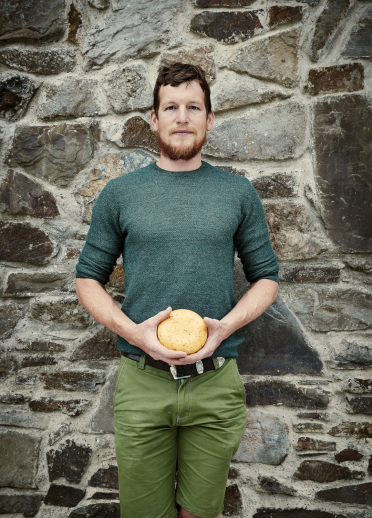
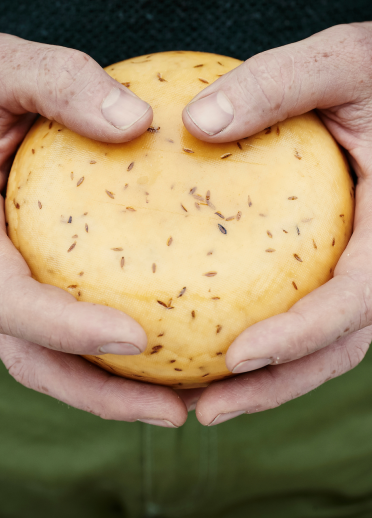
Where do you sell the cheese?
We sell a lot direct to customers at farmers' markets and food festivals. You can also buy at specialist artisan cheese shops and delis and online. We also have a farm shop, and you can come and have a tour of our dairy and distillery. But the cheese goes all over the world. We've even sent some to the British embassy in Rome.
You now have an organic Welsh halloumi-style cheese. Why did you launch that?
It's like gin in the spirits world in that it’s very fashionable at the moment. More people are becoming vegetarian, and halloumi is much more popular as a result. It's a great source of protein and it's a bit squidgy so it has a little bit of texture. We trialled it in farmers markets, where people told us they loved it. Some halloumi-style cheeses have a lot of moisture, but ours doesn't. That helps it to grill really well. Quite a few chefs swear by it.
You expanded production by starting a spirit distillery. What’s the story there?
To celebrate a decade since establishing Caws Teifi Cheese, we made an organic whisky in 1992 at the Springbank distillery on the west coast of Scotland. At that time, you could buy every other product organically, but organic whisky didn't exist.
I then wanted organic whisky to toast the millennium, so in 2000 we started bottling ours. Because it was in anticipation of the new millennium, I gave it a Scottish Gaelic name: 'Da Mhile', which means 'two thousand' in English, or 'dwy fil' in Welsh. It was so successful that I set up my own distillery on the farm in 2012. We continue to make whisky, as well as a wide range of organic spirits.
What’s next in the distillery pipeline?
We are onto our third batch of our organic single malt Welsh whisky, which we are bottling for retail. We’re also working on making the first organic Welsh rum. We made a small batch of it to mark St David’s Day in 2020, which was very well received. So, we’re making a bigger batch that can become our core organic Welsh rum moving forward.

